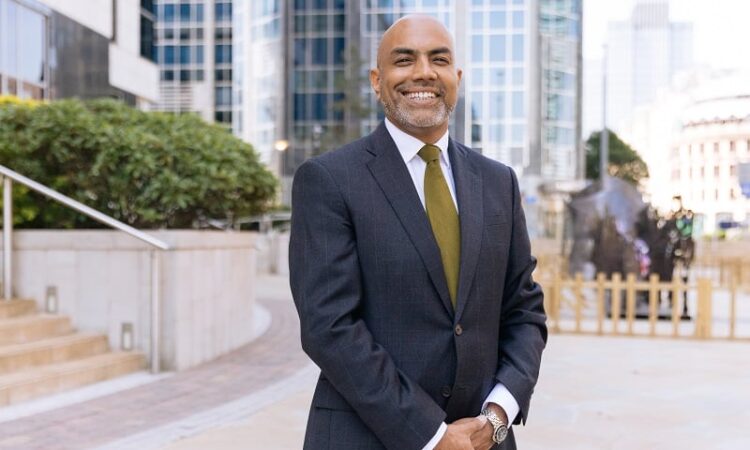
After launching Islamic buy-to-let products into the market, PropertyWire speaks to Sultan Choudhury OBE, executive chairman at Offa, about the future direction of the company, the role of Islamic finance in the UK, and dealing with prejudice. Choudhury was previously CEO of Al Rayan Bank.
-What proportion of your clients are Muslim and aren’t?
We have an almost equal proportion of Muslim (56%) and non-Muslim (44%) clients. For many of our customers it’s really about choosing an alternative ethical finance provider over a conventional one. We also find that they are aware of us because of our speedy service which will match or exceed their experiences with conventional finance companies.
-In which cities you do conduct most of your business?
We provide sharia-compliant bridge finance and now buy-to-let finance in all the major cities – primarily in Greater London but also in Birmingham, Manchester, Leeds and Bradford.
-What does the future of Islamic finance look like?
There is every indication that Islamic finance will continue to grow within the UK and other western countries – for both the domestic population of Muslims who want products within their faith and with increasing trade links between Muslim world and the West post-Brexit.
There is a lot of interest in funding Islamic fintechs because it combines a unique faith-based product and modern technologies to reach untapped market segments. As a result, traditional funding sources are targeting firms made up of a management with a track record in both Islamic finance and financial technology.
There is also a trend towards positive legislative change, for example on taxation requirements. In the past, those using Islamic finance for property were being adversely impacted by double stamp duty because the law did not recognise the different way Islamic finance structures its Islamic alternative to mortgages.
In terms of innovation, there are lots of new flexible products – along with our newly announced buy-to-let product – in the pipeline that will offer our target market a greater range of options that better reflect customers’ needs while adhering to the tenets of their Islamic faith.
-While you publicised having a £100 million credit line from the United Arab Emirates, how are you funded and can it get more competitive?
The £100 million funding line previously announced is just for bridging finance. For buy-to-let we are getting funding from a global UK financial institution via an innovative sharia structure which combines funding with other institutional investors.
We are competitively priced but we want to be the best in market. In order to achieve that we need access to cheaper funding in line with conventional levels, which is something we are working on. We are looking to get further funding from UK and global financial institutions through a sharia-compliant structure.
-What Islamic products are currently missing where you’re looking to step in?
From a buy-to-let perspective it’s about making sure that we’re offering something else nobody else can in terms of speed and service.
Bridge finance is also a big deal and we have already entered that market in a big way with sharia-compliant development and land bridge at scale, which nobody else can offer in the UK.
-As a business how do you combat Islamophobic attitudes towards Muslims in the UK?
We believe that all forms of prejudice come from a place of ignorance and we hope that by making people aware of the fact that we are proud British Muslims and that we offer ethical finance to everyone in the country, community relations will continue to improve.
We are also proud that our company is named after a famous British monarch who completed the very first Islamic finance transactions.
King Offa ruled the Kingdom of Mercia, now known as the Midlands where we are based, between 757 AD and 796 AD.
During his reign, King Offa pioneered trade relations with Muslim merchants abroad – in effect, the first Islamic finance transaction in the UK – and produced gold coins which were imprinted with both his name and the declaration of Islamic faith. This is an early example of the deep-rooted connections that exist between Britain and the Muslim world today.






